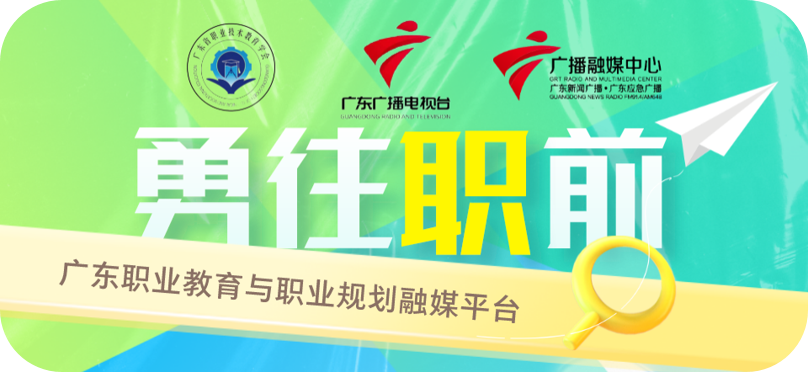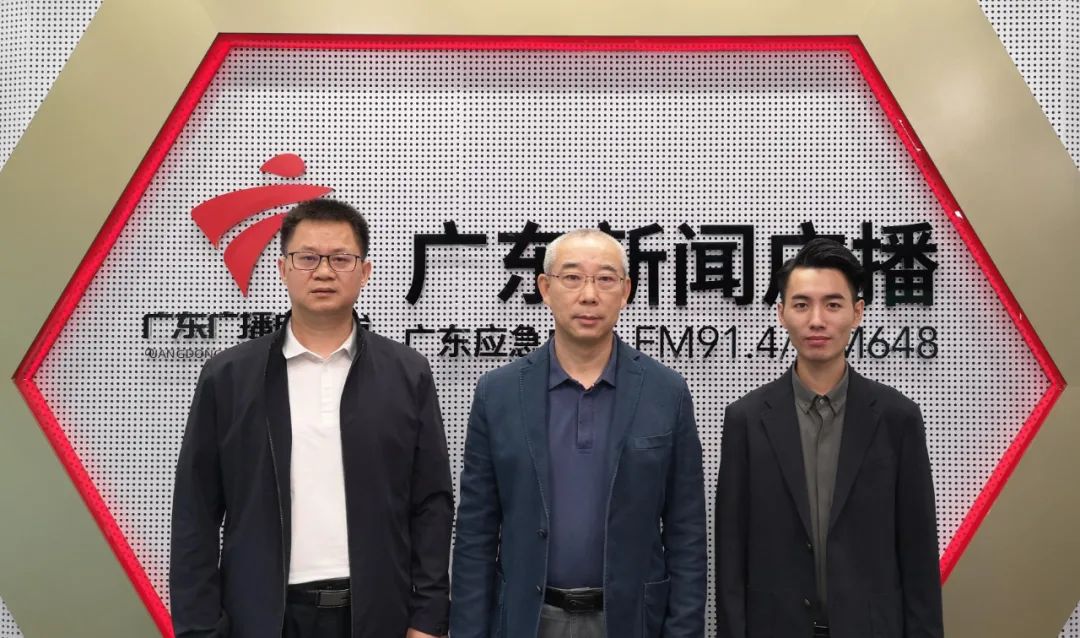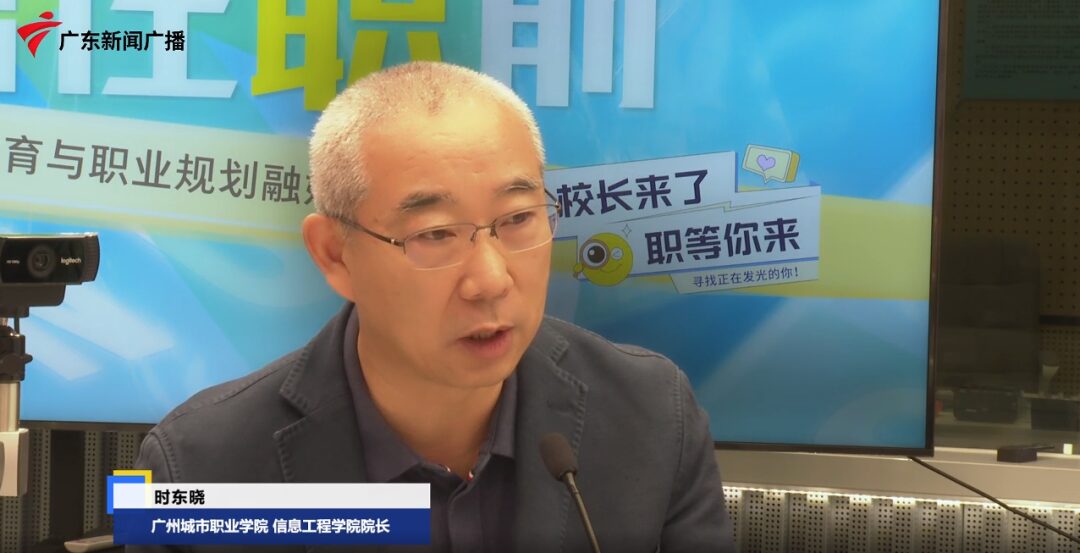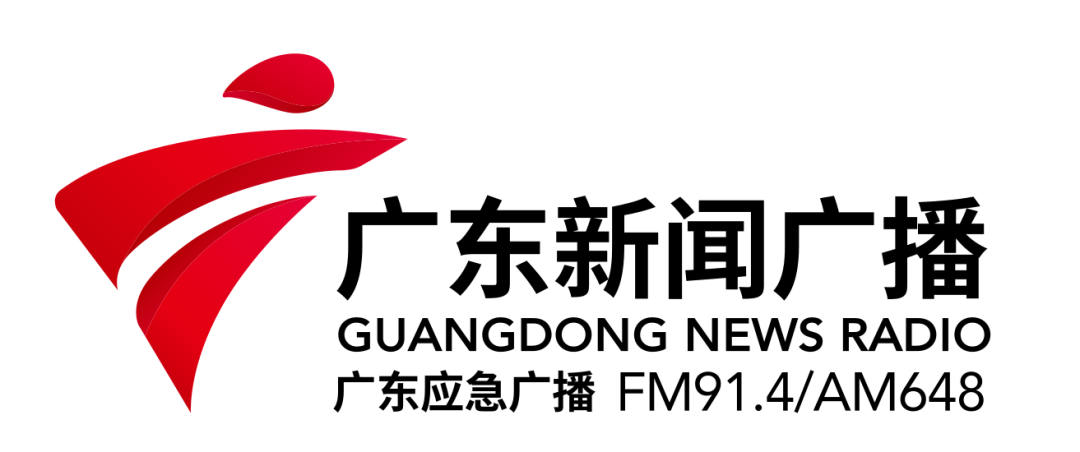
Today, the “Courage to Move Forward” program team invited Dean Shi Dongxiao from the School of Information Engineering, Guangzhou Urban Vocational College, General Manager Zhang Liangjun from Guangdong Teddy Intelligent Technology Co., Ltd., and outstanding graduate representative Zou Chengfu to the show. The school focused on introducing their professional group – “Internet of Things Application Technology Professional Group” during the program. Let’s take a look at why Internet of Things technology has become a development trend?


Where is the “Internet of Things” applied?
1. Internet of Vehicles: In the Internet of Vehicles industry, there are onboard intelligent terminals, onboard scanning payment devices, dash cams, and integrated vehicle monitoring/DVR. Vehicle-mounted devices use IoT cards and data cards to establish connections between vehicles, people, roads, and platforms.
2. Smart Logistics: In logistics transportation, warehousing, packaging, loading and unloading, and distribution, it greatly reduces logistics transportation costs and improves transportation efficiency. The applications in logistics are roughly in four directions: warehouse management, transportation monitoring, cold chain logistics, and intelligent express cabinets.
3. Smart Wearables: Smart wearables refer to smart watches, smart bands, smart glasses, etc. IoT cards are an indispensable part of the smart wearables industry.
4. Smart Cities: Smart cities are the direction and trend of future urban development. Through the application of intelligent computing technologies such as IoT, cloud computing, big data, and spatial geographic information integration, city management, education, healthcare, transportation, and housing become more interconnected, efficient, and intelligent, allowing people to enjoy a convenient life anytime and anywhere.
5. Smart Security: Security is a major application scenario of the Internet of Things. Smart security mainly includes three parts: smart access control, alarm systems, and monitoring systems, with security monitoring being the main focus in the industry.
6. Smart Agriculture: Applying IoT technology in agriculture makes traditional agriculture more “intelligent,” achieving unmanned, automated, and intelligent management of agriculture.
7. Smart Healthcare: IoT cards connect devices to achieve real-time information collection and stable data transmission. For example: wearable medical devices, digital hospitals.
8. Smart Energy: IoT technology is applied in the energy sector, mainly used for remote control of water, electricity, gas meters, and street lights: smart water meters, smart electricity meters, smart gas meters, and smart street lights.
9. Smart Home: Through IoT, we can remotely control every smart home device in our homes, such as lights, televisions, air conditioners, cameras, smart locks, etc.

From the school’s perspective


The “Internet of Things Application Technology Professional Group” is subdivided into six majors: Internet of Things Application Technology, Software Technology, Computer Application Technology, Computer Network Technology, Big Data Technology, and Artificial Intelligence Technology Application. What do these six majors each do?
Each major has its own professional courses, so they have their own professional requirements and skills. However, when placed within the IoT professional group and its role in the industrial chain of smart city construction, there are inevitable and close connections.
1. IoT technology is responsible for various intelligent terminals and devices, connecting them and collecting various data;
2. Network technology is responsible for accessing narrowband IoT into computer networks and transmitting data;
3. Computer application majors are responsible for building a suitable system operating environment for different application scenarios and storing data;
4. Software majors are responsible for providing software interfaces for computers and other mobile terminal devices, achieving human-computer interaction and data reading;
5. Big data majors are responsible for building and applying big data platforms, big data collection and processing, big data analysis and mining, big data visualization;
6. The artificial intelligence major achieves the intelligence of devices and systems through technologies such as machine learning, deep learning, computer vision, and natural language processing, thus realizing various scenarios of smart cities mentioned earlier.


For more content, follow us ⬇️
Develop opportunities for children’s academic exams and employment
Parents can search WeChat for ywzqgf to join the parent group

Editor: Li Shuang
Reviewers: Sun Xiaoyi, Li Hui